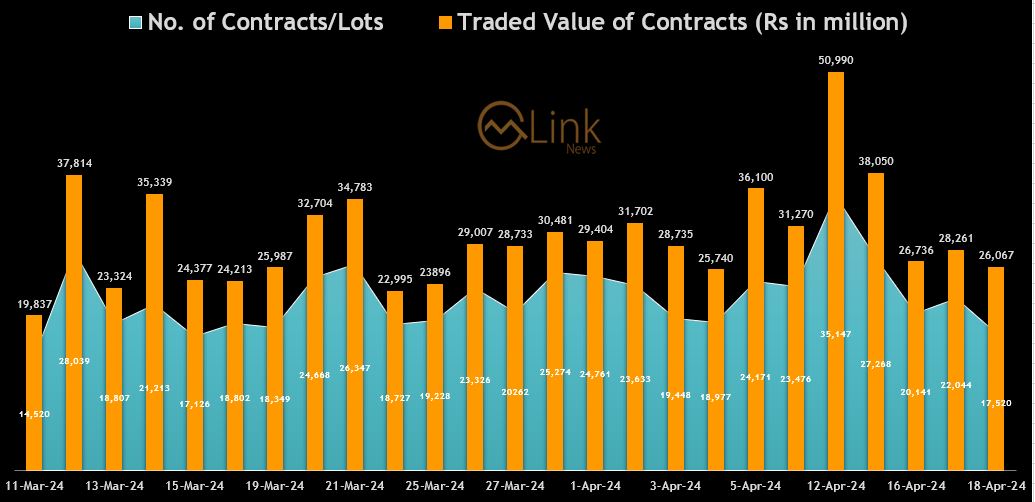If you have bad credit or you donít have credit at all, it can be tough to prove to lenders that you can be trusted with debt. A secured credit card is a great way to establish creditworthiness. Hereís...
If you have bad credit or you donít have credit at all, it can be tough to prove to lenders that you can be trusted with debt. A secured credit card is a great way to establish creditworthiness.
Hereís how a secured credit card works: You put down a security deposit, typically between $200 and $500, and that money becomes your line of credit. Because your deposit protects the issuer if you donít make payments, you can qualify even if you have bad credit or no credit score. Once youíve made about a yearís worth of on-time payments, youíll typically qualify for a traditional credit card.
How Does a Secured Credit Card Work? A 7-Step Plan
Ready to give your credit a boost? Follow these seven steps and youíll start building good credit in no time.
1. Save up for Your Security Deposit
Your first step is to save the $200 to $500 cash deposit that you wonít need to touch for a year. The reason it should be money you donít need to spend is that to build good credit, youíll need to pay off your bill in full every month. You need to keep that money open as a line of credit. If thatís not doable, try saving $10 or $20 a week until you have enough for a deposit.
2. Compare Credit Cards
The big things youíll want to look for are:
Low annual fee: Secured credit cards often come with high fees. Look for an annual fee of $35 or less. Low APR: APR stands for annual percentage rate, and itís basically the interest rate and fees youíll pay to borrow money if you carry a balance. Obviously, the lower the better. But since most credit cards offer a grace period on new purchases before interest kicks in, this shouldnít be a factor if youíre paying off your balance in full each month. Reports to all three major credit bureaus. Youíll only build credit history if your card issuer reports your payment history to the credit bureaus. Look for a card that reports each month to all three bureaus: Equifax, Experian and Transunion. Option to convert to an unsecured card. Ideally, youíd want to convert your secured card to an unsecured card, rather than qualifying for a new unsecured card. One reason is that age of credit determines 15% of your credit score. If you get a new unsecured credit card and close your secured card to get your deposit back, your credit score will temporarily drop.Make sure you apply for a secured credit card, rather than a prepaid debit card. A prepaid debit card wonít report your payments to the credit bureaus, so you wonít build a credit history.
3. Apply for Secured Cards
Once youíve researched cards, youíre ready to apply. To get a credit card, youíll need to provide some personal information, including your Social Security number and your employment status and income. Most, but not all, will also require you to have a bank account.
Applying for a credit card usually results in a hard inquiry to your credit report. If you have a credit score, this will probably cause your score to drop by a few points. No worries, though: Itís completely normal, and itís also temporary.
Based on the criteria we spelled out above, here are some good secured credit card options. All information is current as of March 1, 2021. Terms and conditions can change frequently, so read the fine print before you apply.
Discover it Secured Card
No annual fee. Minimum refundable deposit of $200. Reports to all three credit bureaus. After eight months, Discover will automatically review your account each month to determine whether youíre eligible to have your deposit refunded and switch to an unsecured line of credit.Apply here.
OpenSky Secured Visa
$35 annual fee. $200 minimum deposit. Reports to all three credit bureaus. OpenSky doesnít require a credit check or a bank account, making it appealing to people with especially poor scores who have been rejected for other secured credit cards. Youíll still need to provide your annual income and your monthly housing payment.Apply here.
Secured Mastercard from Capital One
No annual fee You may be able to qualify for a $200 line of credit for a deposit as little as $49, depending on your credit. Reports to all three credit bureaus. Capital One will consider you for a secured credit line in as little as six months.Apply here.
Youíre less likely to be denied for a secured card than a traditional credit card because youíre putting down a security deposit. But there are still a number of reasons you could be denied, like a recent bankruptcy filing, a tax lien, having insufficient income to pay back debt or an extremely low credit score.
If youíre denied, the credit card company will need to tell you why in writing. Youíre entitled to a copy of the credit report they used to make their decision. Dispute any information with the credit bureau if you donít believe itís accurate. Otherwise, you might want to apply for a card that doesnít require a credit check, like OpenSky. If you have access to a local community bank or credit union, check to see if they have credit-building options.
What you donít want to do is apply for a bunch of cards within a short timeframe, as each application will ding your score slightly. Negative credit information typically does the most damage to your score within the first two years, so simply waiting and applying again once more time has passed could be necessary.
4. Automate Your Payment
If you have trouble remembering to make payments, consider setting up automatic payments for at least the monthly minimum to be drafted from your bank account. You can usually do this online or by calling your credit issuer.
However, if you frequently overdraft or you often have just a few dollars left in your bank account as payday approaches, this isnít a good option. A better move is to set up text alerts to remind yourself when the payment is due.
5. Charge One Small Expense Per Month
Start building your history by charging one small necessary purchase each month. Small is key here. You never want your credit utilization ratio, or the percentage of open credit that youíre using, to go over 30%.
If possible, keep it below 10%. Credit utilization ratio determines 30% of your credit score. Because you donít know when your issuer will report your activity to the bureaus each month, follow these guidelines even if youíre sure you can pay off the balance in full each month.
6. Ignore Rewards Points
Some companies offer credit rewards points even for secured cards. But while youíre building credit, ignore them. Each point is only worth about 1 cent. If you let credit rewards influence your spending, youíll quickly erode any benefits you earned.
7. Apply for an Unsecured Card
After you have at least six months of on-time payments, you should see improvement to your credit score. Within a year, youíll probably qualify for an unsecured credit card. Celebrate your newfound creditworthiness by asking your card issuer if you can convert your line of credit to an unsecured line.
Just remember that all the same rules for responsible credit usage will still apply. Youíll still want to pay off your balance in full each month to avoid interest charges. Swiping your card at least once a month while keeping your credit utilization as low as possible will help you increase your credit score even further.
Rebuilding your credit isnít easy. The payoff is huge, though. Youíll pay less in security deposits, and youíll be prepared for a major purchase, like a car or home. Donít expect any huge results overnight. But with a little diligence, youíll be well on your way to building good credit.
Robin Hartill is a certified financial planner and a senior writer at The Penny Hoarder. She writes the Dear Penny personal finance advice column. Send your tricky money questions to AskPenny@thepennyhoarder.com.
This was originally published on The Penny Hoarder, which helps millions of readers worldwide earn and save money by sharing unique job opportunities, personal stories, freebies and more. The Inc. 5000 ranked The Penny Hoarder as the fastest-growing private media company in the U.S. in 2017.















